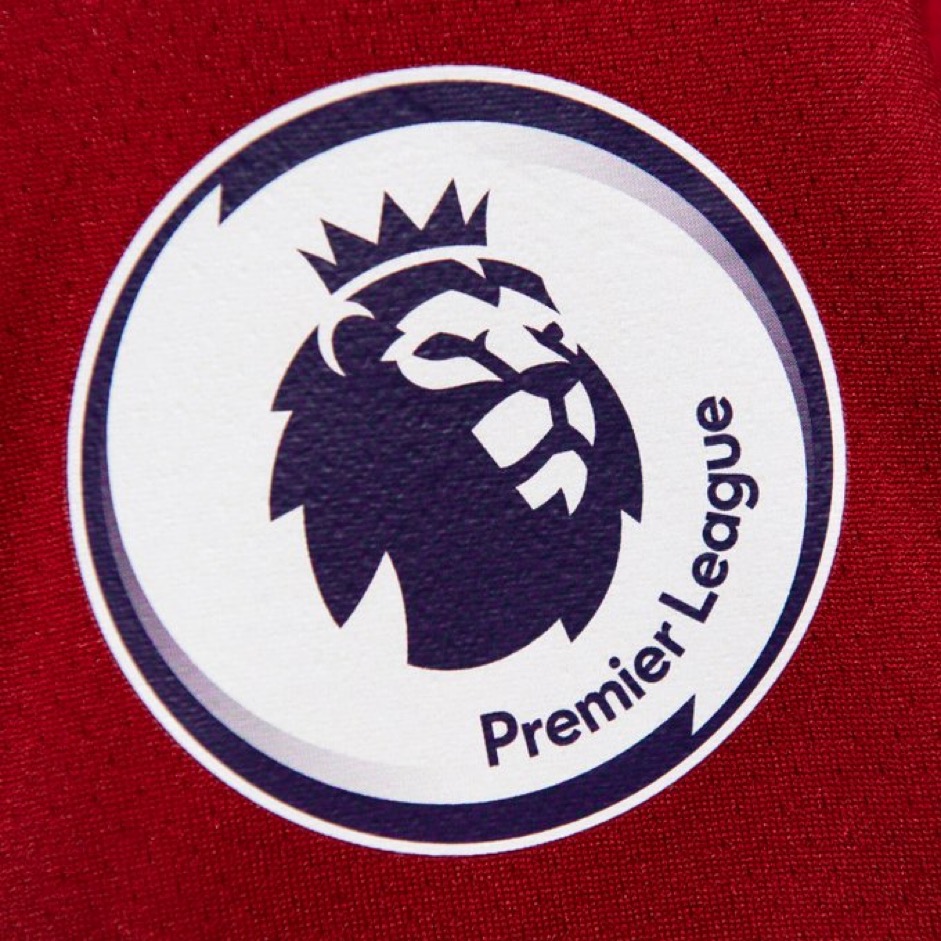Premier League teams borrowing more to remain competitive

Research by Alliance Fund, the sport investment fund, has shown that Premier League football clubs are borrowing more from banks having slipped into the red since the pandemic, while the cost of servicing this increased borrowing has also increased.
Alliance Fund analysed data on the net cash and bank borrowing of all Premier League clubs, their net debt, net finance costs and how this financial balance has changed in recent years.
The latest figures show that: –
Total net debt of all Premier League clubs sat at -£4,065m in 2021, having increased from -£3,915m in 2020 and -£3,470m in 2019.
Previous research by Alliance Fund suggests the pandemic has been the driving cause behind this increase in Premier League borrowing as, in 2021, matchday revenues fell to just 1% of total club revenue, meaning the average lost revenue per Premier League club due to Covid was an estimated £45.1m.
As a result, the balance between net cash and bank borrowing for Premier League clubs slipped into the red to the tune of -£241m in 2020 increasing to -£612m in 2021, having previously sat at £212m in credit during 2019.
However, while the impact of pandemic is clear, these trends have been materialising for some time, driven by the ever escalating costs of securing and maintaining the best squads, providing fans with the best stadiums and remaining competitive at the very top flight of football in England and Wales.
In fact, in the run up to the pandemic, net debt of all Premier League clubs increased from -£1,954m in 2017 to the -£3,470m seen in 2019.
The Premier League balance of net cash versus borrowing also declined from £625m in 2017 to the £212m seen in 2019.
And then there’s the cost of servicing the loans taken via banks and other lending options. In 2018, net finance costs for all Premier League teams hit a low of -£74m, equating to an equivalent of 2.51% of net debt.
However, this cost has climbed every year since hitting -£126m in 2021 which equates to 3.1% of net debts. So not only are Premier League clubs borrowing more to remain competitive and overcome the impact of the pandemic, but it’s costing them more to do so.
CEO of Alliance Fund, Iain Crawford, commented:
“Survival within the Premier League has become an increasingly costly endeavour for teams in the top flight and as if the cost of remaining competitive wasn’t high enough already, many are still struggling to overcome the severe financial pothole that saw matchday revenues all but vanish throughout the pandemic.
This has led to an overreliance on borrowing from the banks with the balance between net cash and bank borrowing slipping into the red since 2020, while the cost of servicing these loans has also increased.
Having personally made multiple investments into football clubs from League One and upwards, I’ve seen first hand how the ability to secure investment via alternative paths can hand a vital lifeline to clubs at all levels of the game.
It’s for this reason that we’ve launched our sport fund in order to provide clubs with an alternative pathway to the traditional finance channels.
We’ve created a tailored platform for those who wish to invest in the beautiful game and in doing so, we can not only offer exceptional yields to those investing, but we can provide the financial stability that many clubs need in order to overcome current financial difficulties and push on with their future plans.”
More about Alliance Fund’s Sports Fund
Alliance Fund launched its dedicated sports investment fund on 30th March 2023, to support UK football clubs with short-mid-term cash flow requirements.
The fund has already seen £1m of initial investment. The initial deal in question involves a top 30 club from the English Football League, with investment into the fund yielding a 14% return to shareholders.
The minimum investment set by the regulators is £50,000 and any investment made is secured as a charge against the club in question, with the 14% returned coming via interest offered on the fund which is secured under a legally binding agreement.
Work on Alliance Fund’s next project is also underway, a £6m fund to aid in another stadium financing deal with yields of 11% offered to investors.




